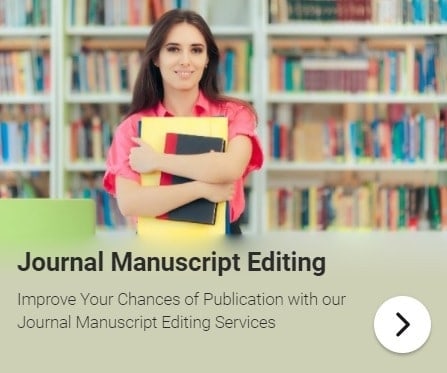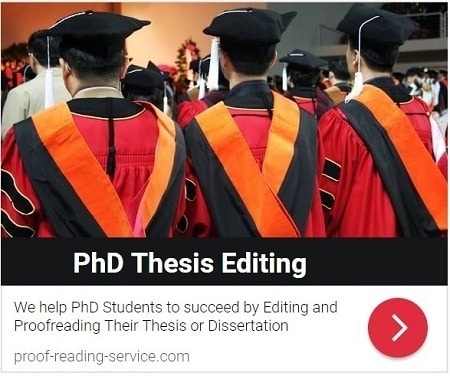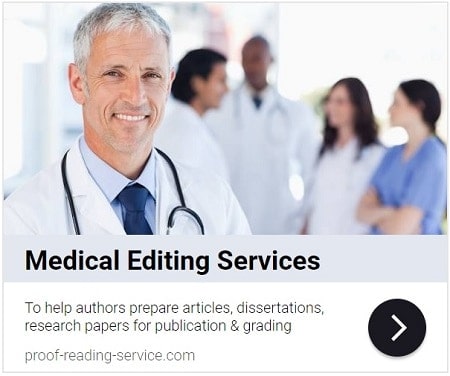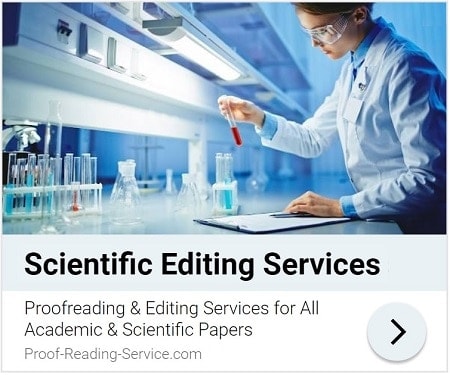
Table of Contents (Guide To Publication)
Part I: What To Publish and Where To Publish It – Chapter 1
1.3 Argument: What Does It Mean and Why Is It Important?
Although it seems that argument sometimes plays second fiddle to other aspects of scholarly prose, a carefully constructed argument is as essential to a good academic or scientific article as methodology and evidence – indeed, the argument or thesis of a scholarly paper encompasses all other aspects of a paper and also allows the author to share thoughts as original and engaging as the research and results from which the argument has grown. Although the argument of any given paper can only be finally determined after the research has been done and the evidence collected, it generally begins as the seed of that research, develops slowly as the work progresses and tends to influence the questions that are asked as well as the ways in which they are answered. What your study and its results mean and why that meaning is important should be considered as central as methodology and results when planning a successful paper. If you think your research worth writing about, then presumably you have a number of thoughts about it that are also worth sharing, and wherever these thoughts began or however they’ve grown, for the purposes of an academic or scientific article they need to be developed into a sustained, logical argument that both focuses closely on the particular research and provides a larger intellectual or scientific context in which to consider it.
Most scholars will have encountered the basics of academic and scientific argumentation very early on in their education, and most journals will require sections that highlight the argument of a paper, so it may seem redundant to repeat those basics here. However, it can at times be notoriously tricky to incorporate these basics when reporting the complexities of academic or scientific research, so recalling them and their purposes can be helpful. In brief, a basic scholarly argument involves introducing the problem or topic by providing background, context, current situation, previous literature and experiments, and so on. You need not review every publication on the topic or consider every current concern – that would be appropriate for a book or thesis; an article is more focussed – but you should say enough to allow your reader to understand your study and its importance, and to show that you are well aware of all the sources and approaches with which you should be familiar to conduct the study successfully. Next, you should explain how you’ve approached the problem by describing and justifying your methodology (as discussed in Section 1.1 above), and then report the evidence you’ve discovered through that methodology (as discussed in Section 1.2 above).
The more creative part of the argument usually comes in the discussion of that evidence and the conclusions you draw from it: here, you can basically do what you will with your research so long as you maintain logical argumentation, keep your conclusions reasonable in relation to your methods and results, and, as always, carefully explain your thinking, especially where it may differ significantly from previous scholarship in the area, because what may seem obvious to you, steeped in your own research as you are, may not seem obvious at all to your readers. This process is far more easily described than done, of course, and there is a fine line between underwriting and overwriting when working to explain one’s thought processes – another example of how academic and scientific authors must balance on that textual tightrope – but there are a number of simple questions that can be asked to facilitate effective argumentation, such as:
- Have I explained my thinking clearly and thoroughly enough for readers to understand?
- Is the terminology I’m using effective and precise for expressing my thoughts?
- Have I valued my research and its implications fairly?
- Does the evidence I report support my conclusions?
- Have I considered all the conclusions that might follow from the evidence?
- Do I make the limitations of the study clear?
- If I use conjecture or generalisation, have I qualified it adequately for the reader?
Table of Contents (Guide To Publication)
The aim of these and many other questions that might be asked about a scholarly argument is to achieve a high quality of both thought and communication. If you haven’t accurately assessed your work, reflected at length upon its implications and come to valid conclusions, then you will find it extremely difficult to devise a cogent and valuable argument about that work and communicate it to your readers. Even when a sound argument has been formed in the mind, it can be extremely difficult to present it effectively in prose: juggling the ongoing progress of an argument with citations from earlier studies and the usually complicated results of your own work is never easy, especially when the word limitations set by most journals come into play. In my experience, the best policy is to plan on writing whatever is needed to explain everything you want to say thoroughly, and then edit and, if need be, shorten it after it’s been drafted. Editing is, after all, a necessary and oft-repeated aspect of any accomplished piece of writing, and shortening your paper is best done once you have a clear idea of where you’ll be submitting it and the requirements regarding structure and length with which you’ll be working.
Ideally, you’ll also be able to benefit from the criticism of a colleague in your field of study who is willing to read your work and offer advice. Constructive criticism is useful no matter how frequently an author has produced and successfully published writing in the past, but if you’re a graduate student just beginning to publish your work, it’s absolutely crucial. Much can be learned by reading published articles, and every scientist or academic aims to achieve the highest scholarly standards in his or her writing, but intentions and results – what we plan to do opposed to what our writing actually does – can, as any researcher knows, be very different things at times, and there is no substitute for having someone who understands exactly what you’re writing about and knows exactly what’s expected in your field read and comment on your work. Your academic supervisor or advisor is the ideal person to provide guidance as you work at achieving your first publication, but any senior scholar (ideally one who has successfully published) in your area will suffice, and fellow students can be very helpful readers as well.
This article is part of a book called Guide to Academic and Scientific Publication: How To Get Your Writing Published in Scholarly Journals. It provides practical advice on planning, preparing and submitting articles for publication in scholarly journals.
Whether you are looking for information on designing an academic or scientific article, constructing a scholarly argument, targeting the right journal, following journal guidelines with precision, providing accurate and complete references, writing correct and elegant scholarly English, communicating with journal editors or revising your paper in light of that communication, you will find guidance, tips and examples in this manual.
This book is focusing on sound scholarly principles and practices as well as the expectations and requirements of academic and scientific journals, this guide is suitable for use in a wide variety of disciplines, including Economics, Engineering, the Humanities, Law, Management, Mathematics, Medicine and the Social, Physical and Biological Sciences .






